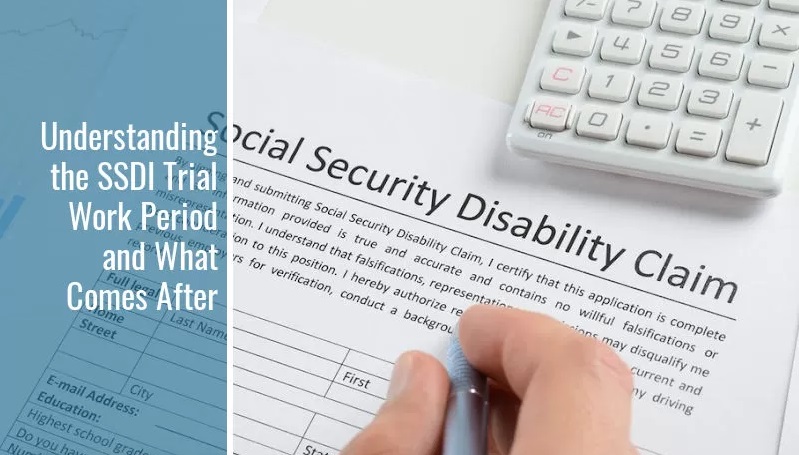Learn about the SSDI Extended Period of Eligibility Benefits program and important considerations for recipients. Gain insights into navigating disability benefits in the U.S.

Financial concerns can become onerous when confronted with a disability. Here’s some info about the SSDI Extended Period of Eligibility. (Photo: rushnicholson)
Understanding the SSDI Extended Period of Eligibility Benefits in the United States
Financial concerns can become onerous when confronted with a disability. Here’s some info about the SSDI Extended Period of Eligibility. Beneficiaries in this circumstance are provided with essential assistance through the SSDI program. A vast number of Americans depend on these disability benefits, despite the difficult qualification process. To be eligible, applicants must be unable to work for more than a year due to their disability and may be required to wait up to a year from the date of disability onset before initiating the application process.
Certain disabilities listed in the Social Security impairments may facilitate eligibility for SSDI. To qualify for these benefits, sufficient work history and tax contributions to the Social Security Administration are required. SSDI payments typically continue for as long as the individual’s disability persists and prevents them from engaging in substantial gainful activity. Reporting any work undertaken while receiving SSDI benefits is crucial, as failure to do so can impact benefit eligibility.
READ ALSO: South African Public Servant Salary Increase Is Anticipated In February 2024
Despite the potential for permanent disability, medical advancements and rehabilitation breakthroughs may alter an individual’s condition in the future, potentially affecting their eligibility for SSDI benefits. Periodic case reviews by the Social Security Administration ensure ongoing eligibility for recipients. Additionally, individuals must promptly report any improvements in their condition or any decision to return to work to avoid jeopardizing their benefits.
Seeking employment under the Ticket to Work Program can provide a safe opportunity to assess one’s ability to work while receiving SSDI benefits. It’s essential to report all changes in personal circumstances and accurately disclose information about family members also receiving SSDI benefits. Providing false information can lead to a halt in benefit payments. Therefore, it is imperative to apply for and receive SSDI benefits only if fully eligible, maintaining integrity throughout the process.
READ ALSO: Bipartisan Bill Expanded Child Tax Credit Worth $78 Billion Tax Package To Aid Low-Income Families
























